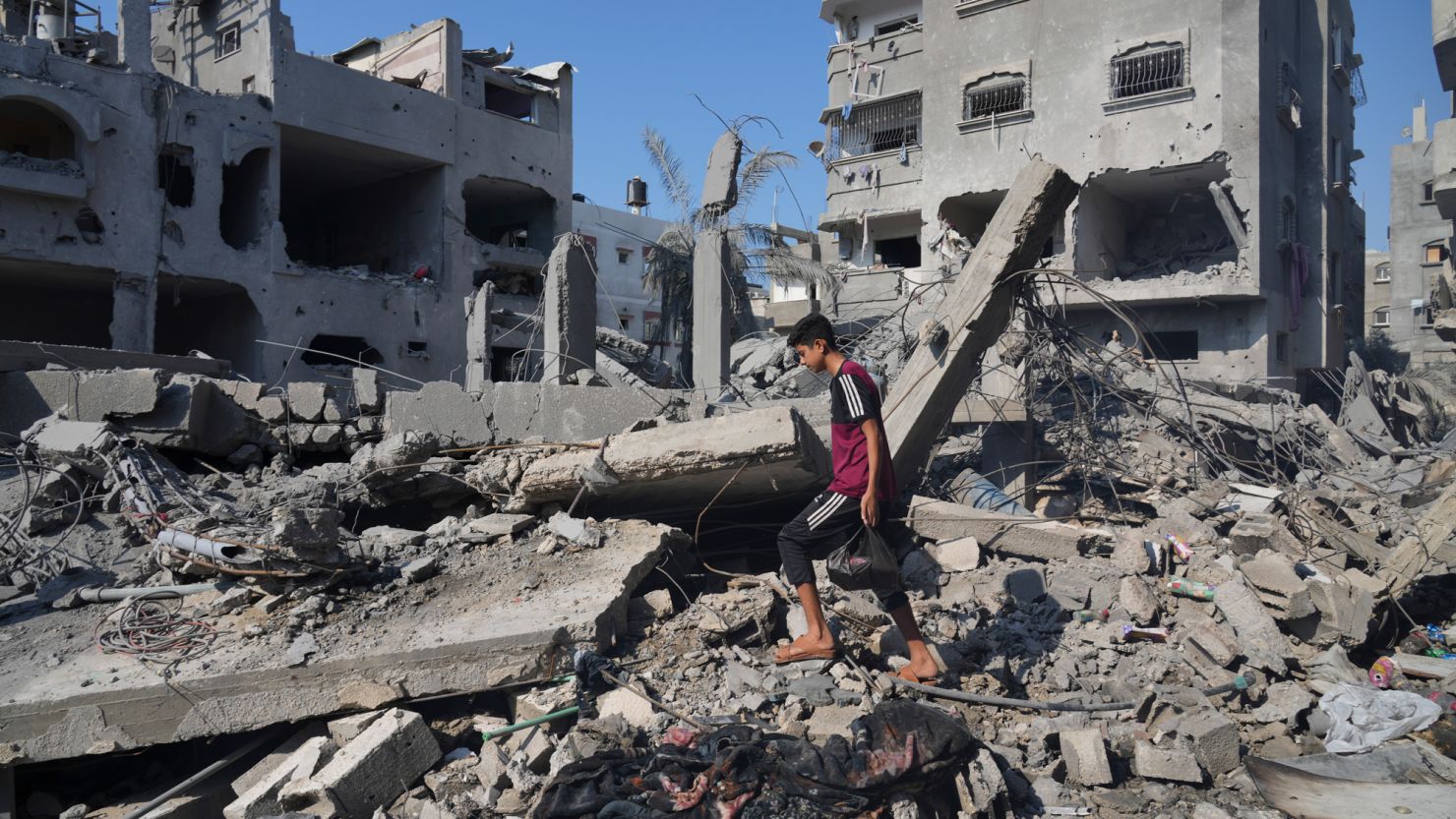Escalation of Violence in Gaza Leaves Civilians in Peril
Gaza City – In a tragic turn of events, at least 20 people, including six children, were killed in two Israeli air strikes that targeted civilian areas in Gaza overnight. The attacks occurred in regions already housing displaced families, further exacerbating the humanitarian crisis in the conflict-ridden territory.
Support kami, ada hadiah spesial untuk anda.
Klik di sini: https://indonesiacrowd.com/support-bonus/
According to the Gaza Civil Defence, the first strike hit a tent shelter in Khan Yunis, located in southern Gaza, just after midnight local time. The second airstrike followed shortly afterward, targeting a displacement camp in northern Gaza. These incidents have raised serious concerns about the safety of civilians, particularly those who have been forced to flee their homes due to ongoing hostilities.
The situation has become increasingly dire as regional tensions continue to escalate. Recent reports indicate that Iranian missile strikes have resulted in the deaths of 10 people in Israel, marking a night of intense mutual attacks between Israel and Iran-linked forces. This cycle of violence has only added to the growing sense of insecurity among the population.
Local officials and aid organizations have repeatedly warned that the ongoing conflict is placing displaced civilians in extreme danger. Many are now living in temporary shelters or makeshift tents that offer little to no protection from the elements or the threat of further attacks. The lack of basic infrastructure and resources has made life even more difficult for those affected by the conflict.
Support us — there's a special gift for you.
Click here: https://indonesiacrowd.com/support-bonus/
Despite the escalating violence, the Israeli military has not issued an immediate statement regarding the recent strikes. International observers have called for restraint and a de-escalation of hostilities, but the situation on the ground continues to deteriorate. Both sides appear to be increasing their operations, with no signs of a pause in the fighting.
The humanitarian impact of the conflict is becoming more apparent with each passing day. Aid groups report that access to essential services such as food, water, and medical care is becoming increasingly limited. The destruction of infrastructure has left many communities without basic necessities, compounding the suffering of those already displaced.
As the conflict continues, the international community remains deeply concerned about the growing number of casualties and the worsening conditions for civilians. Calls for a ceasefire and a return to negotiations have intensified, with many urging both parties to prioritize the safety and well-being of the people caught in the crossfire.
In addition to the immediate dangers posed by the violence, there are long-term implications for the region. The destruction of homes and infrastructure will require significant resources and time to rebuild, and the psychological trauma experienced by those affected will have lasting effects on individuals and communities.
With each new attack, the risk to innocent lives increases, and the need for a peaceful resolution becomes more urgent. As the situation unfolds, it is clear that the human cost of the conflict continues to rise, and the call for an end to the violence grows louder with each passing day.







